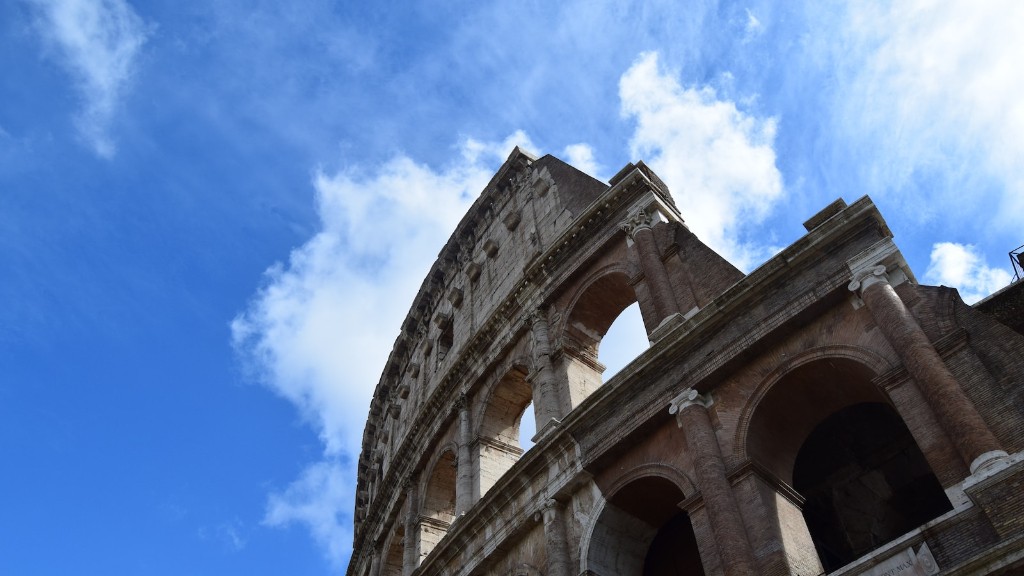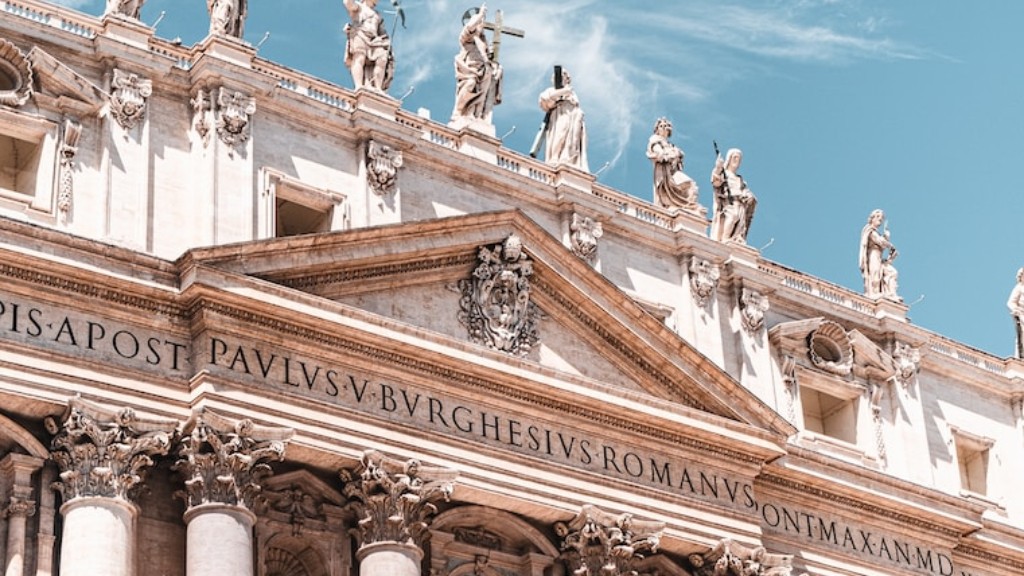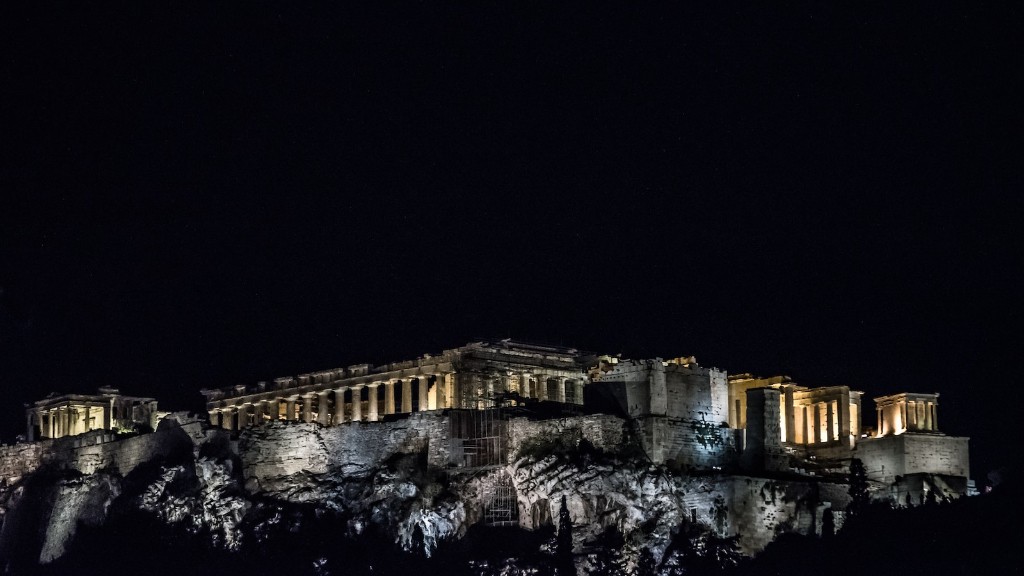Freedom in Government in Ancient Greece
Introduction
In ancient Greece, the concept of freedom and its implementation in government was an intriguing subject. It has fascinated historians, philosophers, and scholars for centuries. The Greek city-states, such as Athens and Sparta, experienced different forms of government, each with its own interpretation of freedom.
Athens: The Birthplace of Democracy
Athens, famously known as the birthplace of democracy, had a unique system of government that provided its citizens with a certain level of freedom. However, it is essential to note that not everyone enjoyed this freedom equally.
In Athens, only adult male citizens who were born of Athenian parents and completed military training had the right to participate in the democratic process. These citizens had the privilege of attending the Assembly, where they could vote on important decisions concerning the city-state.
Although this system seems inclusive by ancient standards, it is crucial to acknowledge the limitations on freedom within Athenian democracy. Slaves, women, and non-citizens were excluded from the democratic process. Therefore, the notion of freedom in ancient Athens was inherently limited and only extended to a privileged few.
Sparta: A Military Oligarchy
Unlike Athens, the city-state of Sparta had a radically different form of government. Sparta was governed by a unique system known as a military oligarchy, where power was concentrated in the hands of a few.
Sparta emphasized the importance of military discipline and martial virtues, which reflected in their government. The goal of Sparta’s government was not to grant individual freedoms but rather to maintain a unified and strong military state.
Spartan citizens, particularly those who had completed the rigorous military training, enjoyed a certain degree of freedom within their society. However, this freedom was primarily aimed at serving the state and ensuring the endurance of the military system.
Comparative Analysis: Freedom in Context
When evaluating the concept of freedom in government in ancient Greece, it is crucial to consider the differences between Athens and Sparta and how their political systems impacted freedom.
Athens, despite its democratic nature, restricted citizenship to a select group of individuals while excluding others based on gender, slavery, and non-Athenian origins. This limitation inherently weakened the claim that Athens offered true freedom to its citizens.
On the other hand, Sparta’s emphasis on military strength led to a different conception of freedom. While Spartan citizens were trained to be disciplined and loyal to the state, their individual freedom was subordinated to the collective interests of the military system.
Both city-states had their own interpretations of freedom, with Athens promoting political participation and Sparta focusing on military cohesion. However, it is essential to recognize that both systems had inherent limitations and did not offer universal freedom to all individuals.
Conclusion
In conclusion, the concept of freedom in government in ancient Greece was a complex and multifaceted subject. Athens’ democracy, with its limited scope, provided a level of political participation and freedom to its male citizens. In contrast, Sparta’s military oligarchy prioritized military strength and unity over individual freedom.
While both systems represented unique approaches, neither city-state achieved the ideal of universal freedom. Nevertheless, examining the different interpretations and limitations of freedom in ancient Greece provides valuable insights into the development of democratic ideals and the pursuit of individual liberties in subsequent civilizations.



